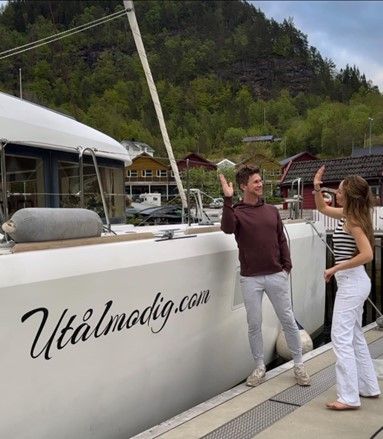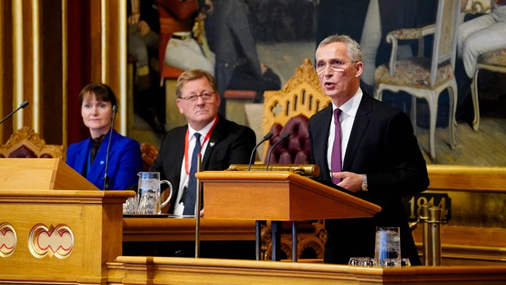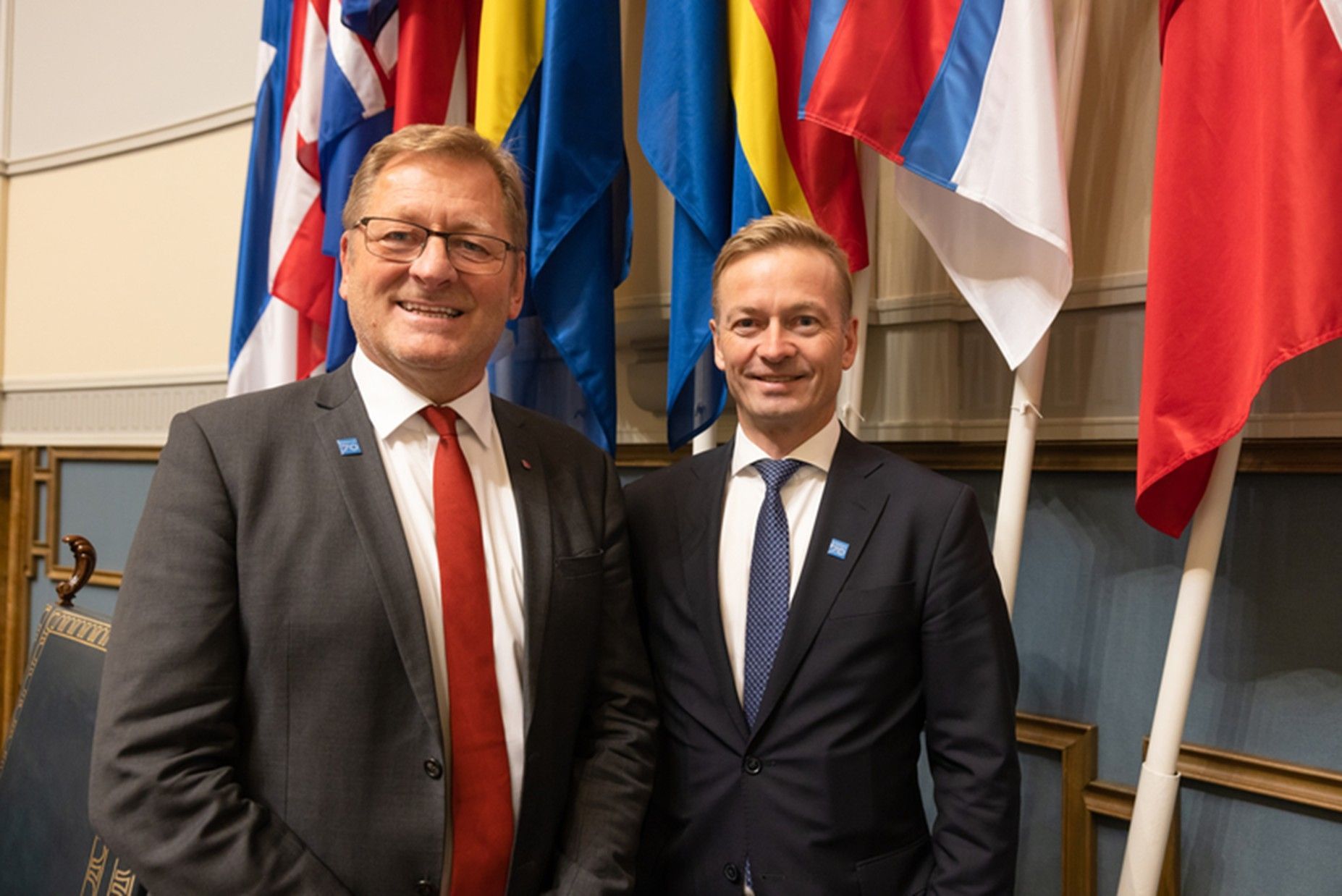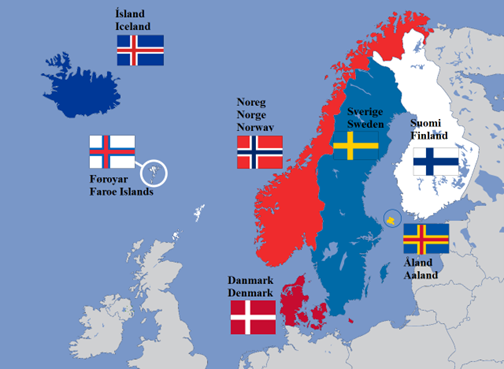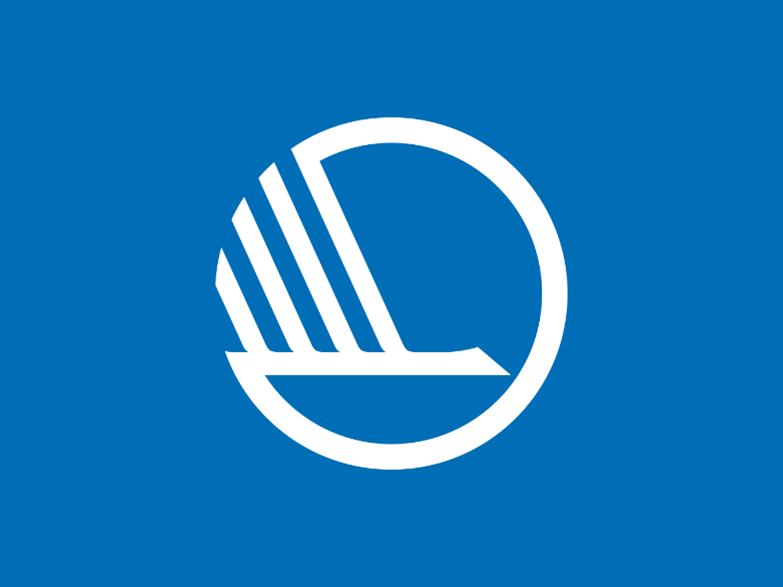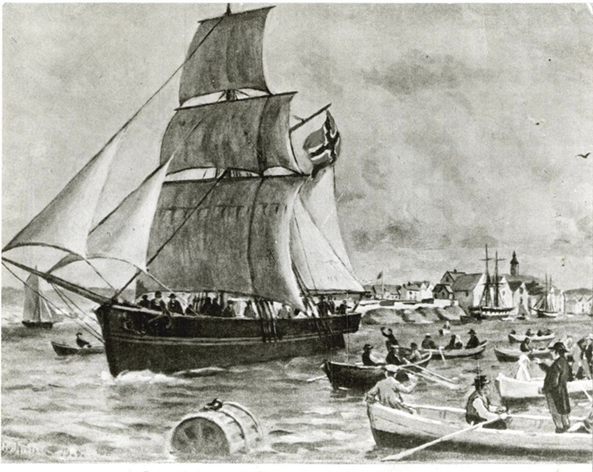
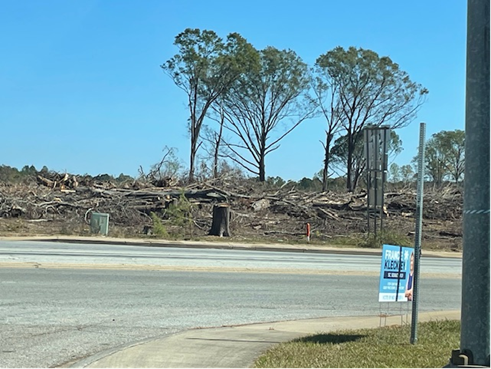

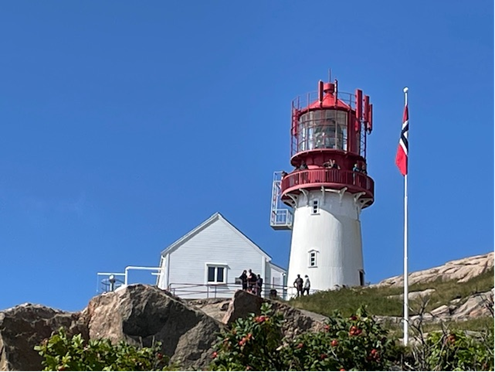

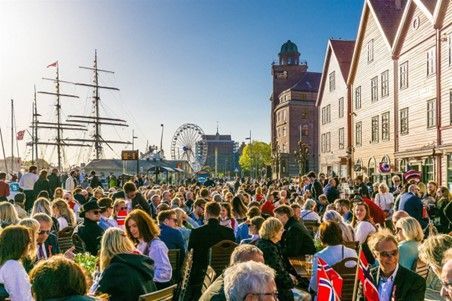
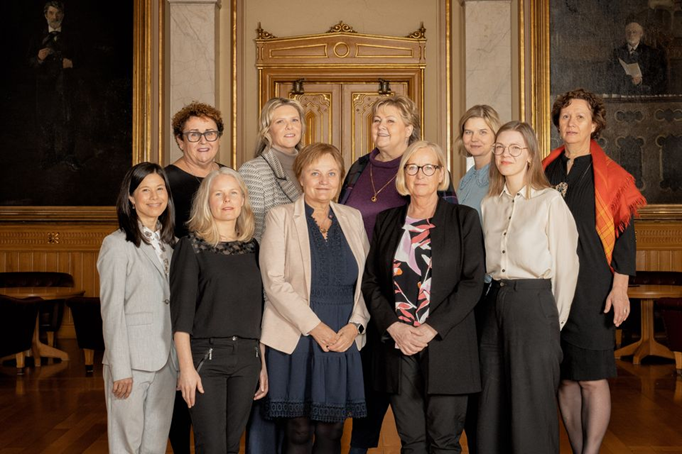
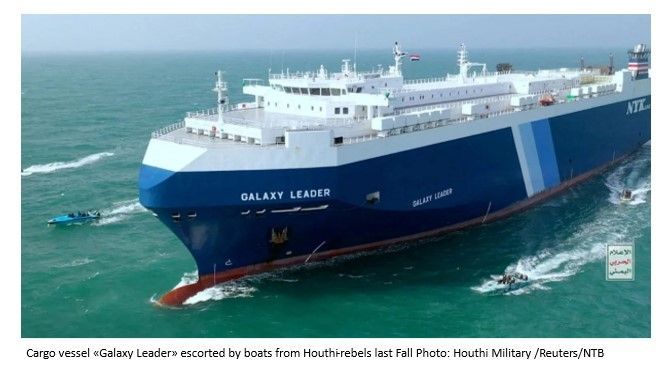
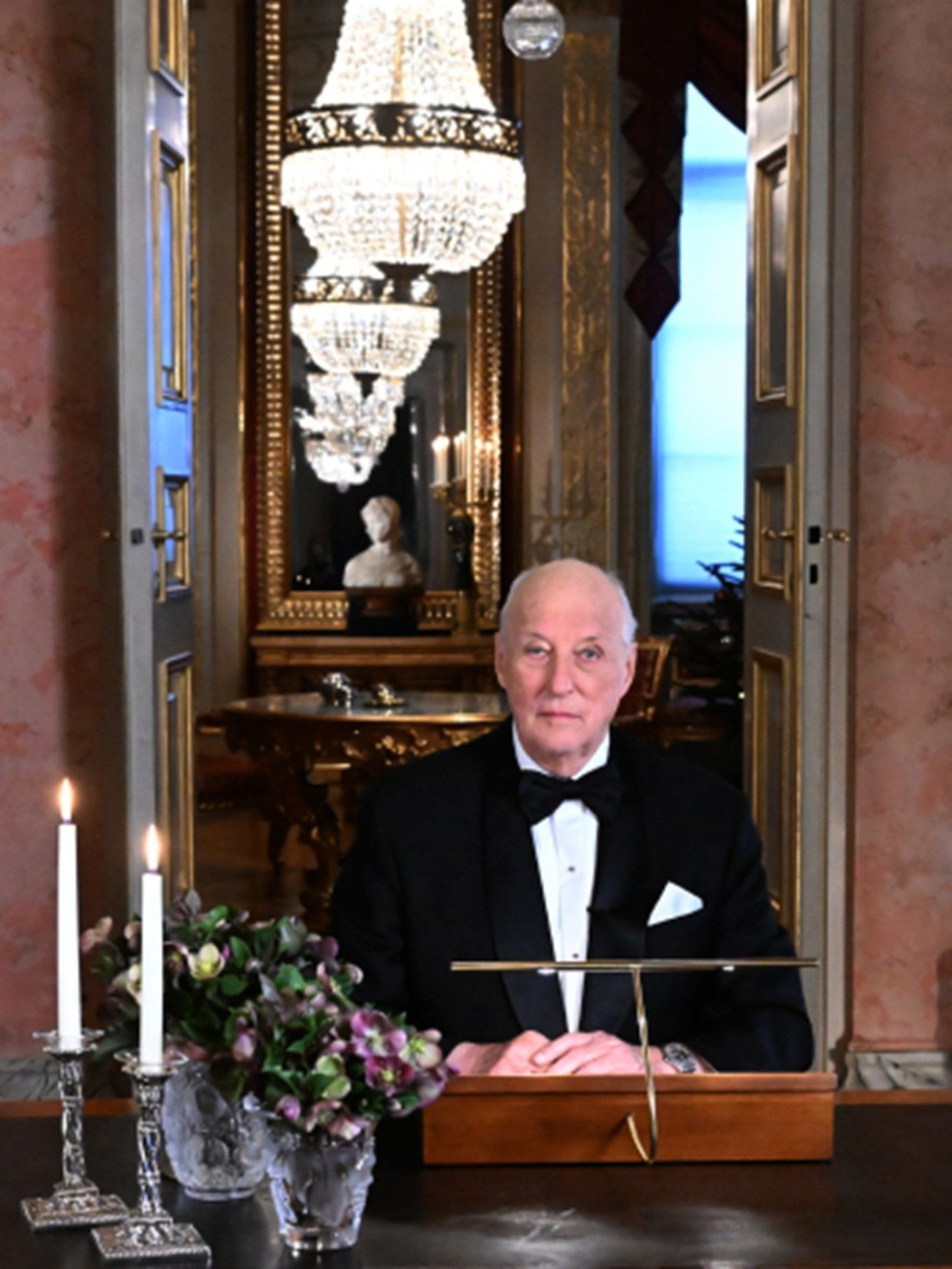
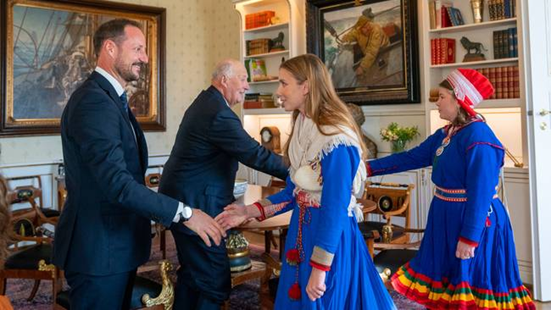
To care for your neighbors, work with your neighbors and serve your neighbors are values we have all learned from our parents and churches. Having a good relationship with our neighbors gives value to dealing with the rest of the world and helps us face the unknown.
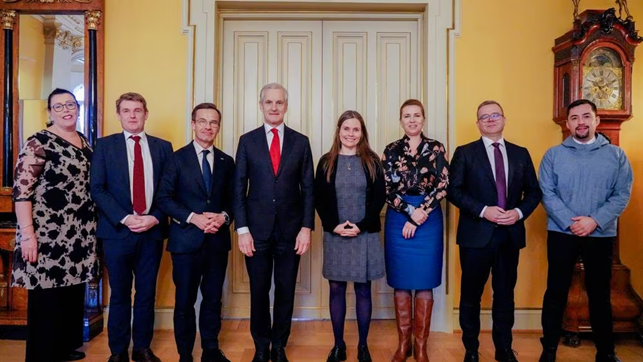
Countries also need good neighbors. Norway has a long history being part of the Nordic community, having been in union with some of them for many years, but also through important experiences of cooperation during war time. During World War II, Denmark and Norway were occupied by Germany and Finland was under assault by the Soviet Union while Sweden was neutral. Following the war, the Nordic countries pursued the idea of a Scandinavian defense union to ensure their mutual defense.
At the same time, politicians worldwide were in favor of stronger international co-operation. The United Nations was established on October 24, 1945, to maintain international peace and security, develop friendly relations among nations, achieve international cooperation and serve as a center for harmonizing the actions of nations. The Council of Europe was created on May 5, 1949, to uphold human rights, democracy and the rule of law in Europe. The European Community (EC) was formed in the 1950s to encourage and oversee political and economic cooperation. We know it now as the European Union (EU).
It was proposed that the Nordic countries would unify their foreign policy and defense, remain neutral in the event of a conflict, and not ally with NATO, which was founded on April 4, 1949 by the United States, Canada, and several Western European nations for the purpose of securing peace in Europe and promoting cooperation among the member countries.
The neighboring countries in the north recognized the value of cooperation in 1952 and agreed to meet on a regular basis to see how they could work together. Seventy-one years ago, they founded the Nordic Council. “Nordisk Råd” is the official body for formal inter-parliamentary Nordic cooperation among the Nordic countries. The council has eighty-seven representatives from Denmark, Finland, Iceland, Norway, and Sweden, as well as from the autonomous areas of the Faroe Islands, Greenland, and Åland. The representatives are members of parliament in their respective countries or areas and are elected by those parliaments.
The Ordinary Session is held every year in the country currently holding the presidency of the Nordic Council, and the Theme Session is held in the spring. The Sessions are unique forums in which Nordic politicians discuss Nordic issues with the prime ministers and other ministers of the Nordic countries.
At last year’s session in Helsinki, Jorodd Asphjell was elected President of the Nordic Council for 2023. Helge Orten was elected Vice-President. Since both are from Norway, The Nordic Council held their 75th Session from October 30th to November 2nd at the Norwegian Parliament in Oslo. Together with Asphjell, the President of the Norwegian Parliament, Masud Gharakhani, welcomed the delegates to Norway and opened the meeting by pointing out that The Nordic Council meeting happened in a time of serious concerns and conflicts affecting all of the Council members. “Our common values are under attack,” Gharahkhani said.
The Nordic Council does not have any formal power on its own, but each government has to implement any decisions through its national legislature. With Denmark, Norway, Finland, and Iceland being members of NATO, and Sweden still in the admission process, the Nordic Council has not been involved in any military cooperation previously, but now that has changed.
The special guest speaker this year was the Secretary General of NATO, Jens Stoltenberg. The increased tension between the superpowers, war in Europe and a new war in the Middle East affect the Nordic countries, the Secretary General stated in his speech to the council members, stating “We are living in a dangerous time,” and continuing, “Israel’s response to Hamas must follow the international law.”
The Icelandic Prime Minister Katrín Jakobsdóttir predicted they would spend a lot of time in the four upcoming days discussing the international situation. Danish Prime Minister Mette Frederiksen said it was important that the Nordic countries stand together. “We are concerned about two wars, but at the same time we must be able to act on other challenges, for example the climate.” Greenland’s Prime Minister, Múte Bourup Egede, pointed to greenhouse gas emissions and landfill as important topics in the coming week. “Greenland is here and we are ready. We want an equal partnership.”
Jorodd Asphjell, the Council’s President for 2023 described the priorities for the Norwegian presidency as a safe, green and young Nordic Region. “These are crucial areas in an era of war in Europe and the climate and energy crises. It’s more important than ever that we stand together as a strong Nordic community. Young people of today are the future and they’re key participants in our societies and democracies.”
During the 2023 Session of the Nordic Council in Oslo, twenty-three recommendations were adopted for the Nordic Council of Ministers and the Nordic governments. One of the decisions that was passed is legislation against ecocide (large-scale environmental destruction). Another of the Nordic Council’s recommendations is that the Nordic Council of Ministers and the Nordic governments should work to ensure comparable statistics for intimate partner homicide and domestic violence. It has been pointed out that research from Norway shows that, in most cases of intimate partner homicide, the victim had previously been in contact with the authorities, which means that their death could have been prevented.
The Nordic Council wants to investigate how the countries of the Nordic Region could better cooperate on expertise in the nuclear field. The main focus is on the fact that the Nordic Region needs such skills for the decommissioning of existing nuclear power facilities. The Nordic Region could be a pioneer in this field, and new knowledge in the area could also be utilized internationally. According to the UN’s International Atomic Energy Agency (IAEA), two hundred of the world’s 450 nuclear power plants will have to be decommissioned by 2050.
“There is always a feeling of coming home when we meet,” Norwegian Prime Minister Jonas Gahr Støre said when leaders from all the Nordic countries met the press during their stay in Norway. We all appreciate good neighbors, and it gave me a sense of safety to see the eight country leaders together in Oslo this Fall when so much uncertainty marks the global picture these days. We can also see the Nordic countries in an increasingly strong relationship with their Trans-Atlantic neighbors. I have not seen a more active time for initiatives from Norway and its Nordic neighbors with the U.S. and visits of Nordic politicians to the D.C. area as we have seen over the last few years. Whether you were born in Norway or you are in a relationship with Norwegians or any of the Nordic countries, it should make each of us proud and give all of us strength for dealing with increasingly threatening developments in the world.
NATO Secretary General Jens Stoltenberg speaks to The Nordic Council’s 75th
session held at the Norwegian Parliament. Photo: NTB
Jorodd Asphjell, 2023 President of the Nordic Council and Helge Orten, 2023 Vice-President.
Photo: Magnus Fröderberg/Norden.org
The Nordic Cross Flags of Members of the Nordic Council (Wikimedia)
The flag of The Nordic Council

